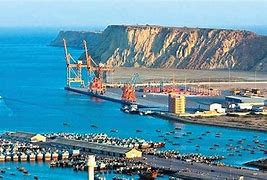Ding Xuexiang advocates global AI cooperation during WEF 2025.
Chinese Vice Premier Ding Xuexiang has emphasized the need to advance artificial intelligence (AI) and other technological innovations to benefit humanity as a whole.
Speaking at the World Economic Forum (WEF) Annual Meeting 2025 in Davos, Ding, a member of the Standing Committee of the Political Bureau of the Communist Party of China Central Committee, highlighted the transformative potential of AI and emerging technologies, which drive revolutionary changes rather than incremental progress. He stressed China’s commitment to the principle that “science knows no borders and should benefit all humanity,” fostering international cooperation in innovation and sharing the outcomes globally.
Ding noted that China has established science and technology partnerships with over 160 countries and regions, with a focus on narrowing the technological gap by sharing achievements with Global South countries. While acknowledging the development potential of AI, Ding also pointed out its associated risks, emphasizing China’s approach to balancing development with security and ensuring innovations remain on the right track.
He explained that China is leveraging AI to accelerate economic transformation, modernize society, and improve the quality of life for its population. The country has introduced robust regulatory frameworks to ensure responsible AI use and management.
Ding also addressed the global challenge of AI governance, cautioning against disorderly international competition, which could lead to significant risks, or a “gray rhino” scenario. He urged countries to work collaboratively under the United Nations’ leadership to establish effective global rules for AI. Such efforts, Ding said, would ensure that AI serves as a source of shared prosperity—like an “Ali Baba’s treasure cave”—rather than creating unpredictable challenges, akin to a “Pandora’s box.”
Related Posts
Enhancing international cooperation on Artificial Intelligence capacity building

















